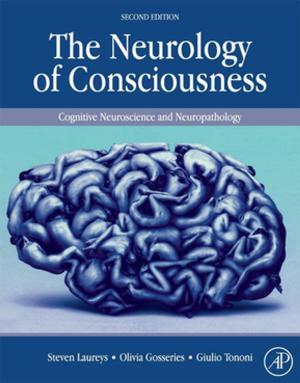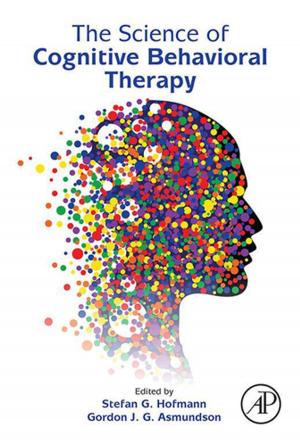Information Science as an Interscience
Rethinking Science, Method and Practice
Nonfiction, Reference & Language, Language Arts, Library & Information Services, Reference| Author: | Fanie de Beer | ISBN: | 9780081001837 |
| Publisher: | Elsevier Science | Publication: | March 17, 2015 |
| Imprint: | Chandos Publishing | Language: | English |
| Author: | Fanie de Beer |
| ISBN: | 9780081001837 |
| Publisher: | Elsevier Science |
| Publication: | March 17, 2015 |
| Imprint: | Chandos Publishing |
| Language: | English |
Science is first and foremost an intellectual activity, an activity of thought. Therefore, how do we, as information scientists, respond intellectually to what is happening in the world of information and knowledge development, given the context of new sociocultural and knowledge landscapes? Information Science as an Interscience poses many challenges both to information science, philosophy and to information practice, and only when information science is understood as an interscience that operates in a multifaceted way, will it be able to comply with these challenges. In the fulfilment of this task it needs to be accompanied by a philosophical approach that will take it beyond the merely critical and linear approach to scientific work. For this reason a critical philosophical approach is proposed that will be characterised by multiple styles of thinking and organised by a compositional inspiration. This initiative is carried by the conviction that information science will hereby be enabled to make contributions to significant knowledge inventions that may bring about a better world. Chapters focus on the rethinking of human thinking, our unique ability that enables us to cope with the world in which we live, in terms of the unique science with which we are involved. Subsequent chapters explore different approaches to the establishment of a new scientific spirit, the demands these developments pose for human thinking, for questions of method and the implications for information science regarding its proposed functioning as a nomad science in the context of information practice and information work. Final chapters highlight the proposed responsibility of focusing on information and inventiveness and new styles of information and knowledge work.
- focuses on rethinking information science to achieve a constructive scientific approach
- provides an alternative methodological approach in the study of information science
- shows how a change in scientific approach will have vast implications for the understanding and dissemination of knowledge
- presents the implications of a new approach for knowledge workers, and the dynamics of their work
- explores the future of thinking about science, knowledge and its nature and the ethical implications
Science is first and foremost an intellectual activity, an activity of thought. Therefore, how do we, as information scientists, respond intellectually to what is happening in the world of information and knowledge development, given the context of new sociocultural and knowledge landscapes? Information Science as an Interscience poses many challenges both to information science, philosophy and to information practice, and only when information science is understood as an interscience that operates in a multifaceted way, will it be able to comply with these challenges. In the fulfilment of this task it needs to be accompanied by a philosophical approach that will take it beyond the merely critical and linear approach to scientific work. For this reason a critical philosophical approach is proposed that will be characterised by multiple styles of thinking and organised by a compositional inspiration. This initiative is carried by the conviction that information science will hereby be enabled to make contributions to significant knowledge inventions that may bring about a better world. Chapters focus on the rethinking of human thinking, our unique ability that enables us to cope with the world in which we live, in terms of the unique science with which we are involved. Subsequent chapters explore different approaches to the establishment of a new scientific spirit, the demands these developments pose for human thinking, for questions of method and the implications for information science regarding its proposed functioning as a nomad science in the context of information practice and information work. Final chapters highlight the proposed responsibility of focusing on information and inventiveness and new styles of information and knowledge work.
- focuses on rethinking information science to achieve a constructive scientific approach
- provides an alternative methodological approach in the study of information science
- shows how a change in scientific approach will have vast implications for the understanding and dissemination of knowledge
- presents the implications of a new approach for knowledge workers, and the dynamics of their work
- explores the future of thinking about science, knowledge and its nature and the ethical implications















